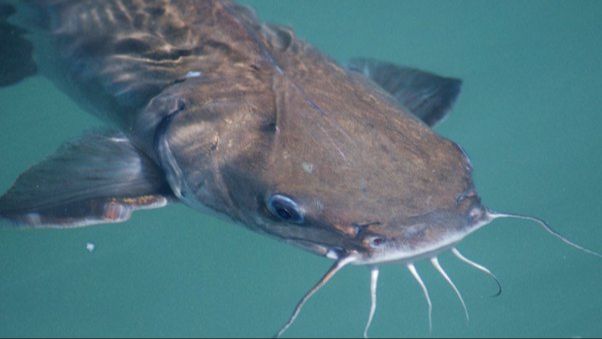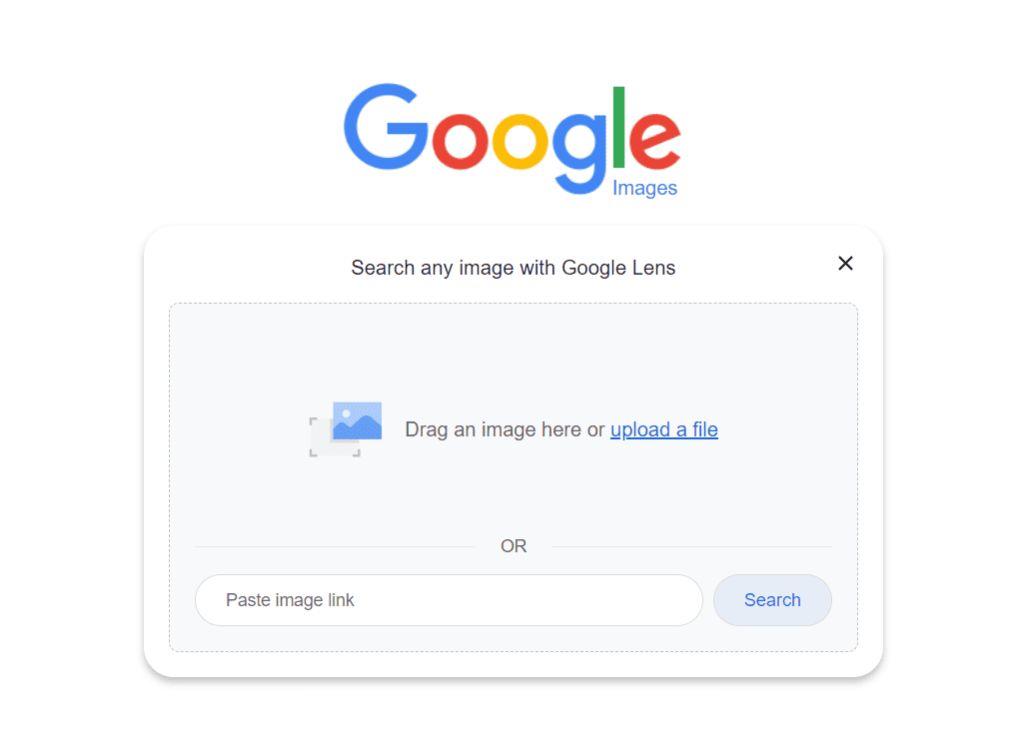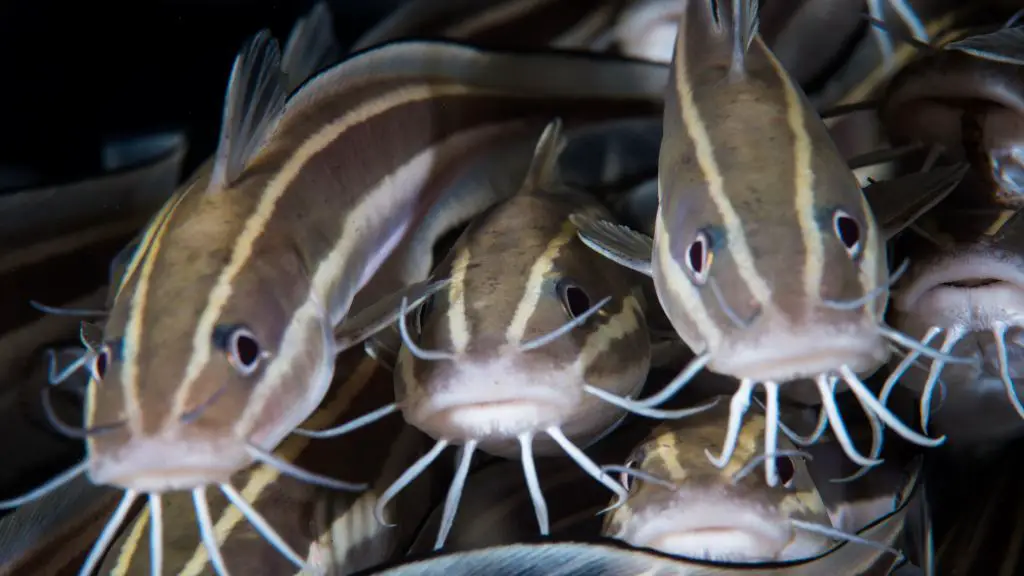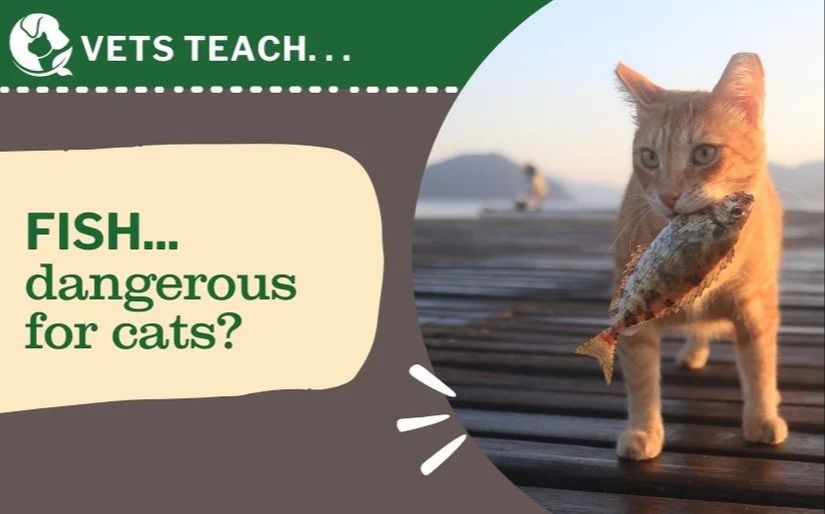What is ‘catfishing’?
Catfishing refers to the act of creating a false online identity, typically with the intent to deceive or manipulate others. The term was popularized by the 2010 documentary “Catfish” which followed a man who discovered the woman he fell in love with online was not who she claimed to be.
Some common catfishing scenarios include:
- Pretending to be a different gender or age.
- Using someone else’s photos as their own.
- Fabricating details about their life, job, finances, etc.
- Cultivating an online relationship under their false identity.
Motivations for catfishing can vary, but often include:
- Seeking attention, affection or intimacy from others.
- Living out an alternate fantasy life online.
- Escaping from personal problems or difficult circumstances.
- Financial scams or cybercrime.
- Revenge against an ex or rival by manipulating their new love interest.
While some forms of exaggeration online may be harmless, more extreme and prolonged cases of catfishing cross ethical lines and can have lasting emotional consequences when the truth inevitably emerges.
Look for inconsistencies in their personal details

One of the clearest signs someone may be catfishing is inconsistency in the personal details they share. For example, their alleged hometown or college might be different on Facebook versus a dating app profile. Or their career, interests, or family details don’t fully match up across platforms or conversations. According to Age UK, “Watch out for inconsistencies. For example, you might spot different birth dates or names used across their various online accounts” [1]. When chatting, take note if they give ambiguous or vague answers about key details of their life, like where they live, work, or go to school. This could indicate they are concealing their real identity.
Do a reverse image search on their profile pictures

A reverse image search allows you to see if someone’s profile picture has been used elsewhere online. This can help uncover whether the photos are fake or stolen from somewhere else. Reverse image searches work by uploading or inputting the URL of an image into a search engine like Google Images, TinEye or Social Catfish. The search engine will then scour the web to find any matching or similar images.
If the search brings back multiple results across different websites, it’s likely their photo has been taken from somewhere else. This is a major red flag that the person may be using a fake identity and stolen images. According to Social Catfish, “Over 50% of photos used in online dating profiles are taken from somewhere else on the internet.” [1] A reverse image search quickly exposes this deception.
Additionally, a reverse image search may connect the photo to a completely different person’s real social media profiles. This definitively proves the image does not actually belong to the person you are talking to. While not proof of ill intent on its own, stolen photographs demonstrate dishonesty at best. Proceed with extreme caution if catfishing is suspected.
Check if their social media accounts seem legitimate
One way to spot a potential catfish is to carefully examine their social media accounts for any warning signs. Accounts that seem fake or hastily created can be a red flag. Here are some things to look out for:
Low friend/follower counts – Most catfish accounts will have very few friends or followers. This is because the accounts are newly created just for catfishing purposes. A suspiciously low friend or follower count on an account that’s been active for a while is a warning sign.
No posts – If someone doesn’t have any posts on their social media accounts, that is highly suspicious. Most legitimate accounts will have at least some posting history and engagement. Blank or barely used accounts may belong to a catfish.
Lack of personal photos – Catfish often use stock photos or photos of random people as their profile pictures. If the account has no candid personal photos, that could indicate it’s not a real person’s account.
Inconsistencies across platforms – Comparing someone’s accounts across different platforms like Facebook, Instagram and Twitter can reveal inconsistencies, like different profile photos, names, jobs, etc. This suggests the accounts don’t actually belong to the same real person.
Ultimately, trust your instincts. If you have an uneasy feeling about someone’s social media presence, that could be a sign you’re dealing with a catfish.
Look them up to verify details about their life

One of the best ways to verify someone’s identity and check if they are catfishing is to look them up online to confirm details about their life.
Search for their name on Google, LinkedIn, Facebook, and other social networks to see what comes up. Do their online profiles match what they’ve told you about their job, education, location, family, and other personal details? If not, that’s a red flag.
You can also search public records databases like FamilySearch and Ancestry to find official documents like marriage and birth records that may confirm or contradict information they’ve provided.
Sites like Spokeo and Intelius compile online data into detailed background check reports you can purchase. While not definitive, they can give you a better sense of someone’s real identity.
If you’re unable to verify key details the person has mentioned about their life, that’s a sign they may be untruthful or catfishing you.
Ask them to video chat or meet up
One of the strongest signs someone may be catfishing is if they make excuses to avoid video chatting or meeting up in person. Many catfishers will refuse to participate in a live video call, claiming issues with their camera or internet connection. According to one Reddit user, their online friend of over a year “won’t facetime” with them despite talking frequently.[1] They may say things like “My camera is broken” or “My wifi is too slow for video chats.” This is a major red flag, as most devices today have working cameras, and poor internet cannot prevent at least one short video call.
Similarly, catfishers will typically avoid meeting up in person, coming up with last minute emergencies or excuses if you try to arrange an in-person meeting. They want to avoid you uncovering the truth of their real identity. As Teen Vogue notes, “If they won’t even video chat, that’s another red flag, and they’re probably not the person they’ve been representing themselves as on social media.”[2] If someone consistently makes excuses or outright refuses your requests to video chat or meet up, it’s wise to be very suspicious of their true motives and identity.
Do a Google search on any photos they send you
Doing a Google search on photos someone sends you can reveal if the photos are stolen from somewhere else online. Using Google’s reverse image search allows you to upload a photo or enter the image URL and find other instances of that photo on the web. This can be a telltale sign the person is using fake photos.
To do a reverse image search on desktop, go to https://images.google.com/, click the camera icon, and either paste the image URL or upload the photo. On mobile, use the Google Images app to snap a photo or upload an image to search. Google will show you any identical copies or similar images it finds from across the web.
If the photos come back clean, that’s a good sign the person is who they claim to be. But if you find matches, especially to social media accounts of a different name or dating profiles, it’s likely they stole those photos and are catfishing you. Do a thorough reverse image search before sharing anything personal or meeting up.
Trust your instincts if something feels ‘off’

The signs of catfishing are often there if you listen to your intuition. If something feels “off” about the person you are talking to online, don’t ignore that feeling. According to https://www.webmd.com/sex-relationships/signs-catfishing, your instincts may be picking up on red flags you haven’t consciously noticed yet. For example, if their stories don’t completely add up, they avoid answering personal questions, or they seem too perfect, these could be signs something is amiss. Don’t rationalize away your doubts – trust your gut. If a situation feels suspicious or “too good to be true,” it often is. Your intuition evolves to protect you, so listen to it. Don’t ignore any nagging feelings that something is not right. Pay attention to any discrepancies, inconsistencies or hesitations that make you question if this person is who they say they are. Your instincts may be the best weapon against getting catfished.
Confront them with your evidence
Once you’ve gathered evidence that suggests catfishing, it’s time to confront the person sensitively. Avoid making accusations right away. Instead, bring up the concerns calmly and give them a chance to explain. For example, you could say “Some things don’t seem to add up about your identity. I came across [inconsistency] and I’m feeling confused. Can you help me understand?” If they get defensive or double down on lies, it’s a red flag. But if it was a simple misunderstanding, an honest person will clarify respectfully.
When confronting a potential catfish, it’s important to be wary of further manipulation. Catfish may try to turn the situation around on you by making excuses or playing the victim. Stick to the facts and concrete evidence you’ve uncovered. If they cannot or will not verify their identity and story, it’s best to end the relationship, block contact, and potentially warn others who know the catfish. Approaching with empathy while protecting yourself is key.
Here are some tips for confronting a catfish sensitively:https://www.wikihow.com/End-a-Catfish-Relationship
- Have the conversation privately to avoid embarrassing them.
- Remain calm and avoid aggressive tones.
- Allow them to respond and explain their side.
- Make it clear you cannot continue the relationship without complete honesty.
Cut off contact if still unsure
Don’t prolong communications indefinitely if you can’t verify the person’s identity or confirm key details about their life. While catfishing sometimes stems from loneliness or insecurity, dishonesty in building relationships is still unhealthy. If your gut instinct continues telling you something is wrong, listen to it.
At a certain point, you may need to disengage for your own well-being, especially if the catfisher becomes manipulative or demanding. Though cutting off contact can be difficult when feelings are involved, continuing the pseudo-relationship will only lead to more confusion and potential heartache down the road. You deserve honesty from a partner.
If politely confronting them with your suspicions and evidence doesn’t elicit truthful responses, it may be best to stop engaging and move on. Their reaction to getting caught may reveal their motivations. However, if they continue fabricating details rather than coming clean, the dynamic likely won’t improve through more communication. Don’t let things drag on indefinitely without answers.
